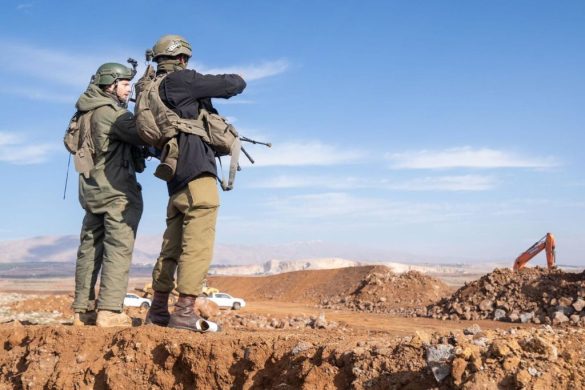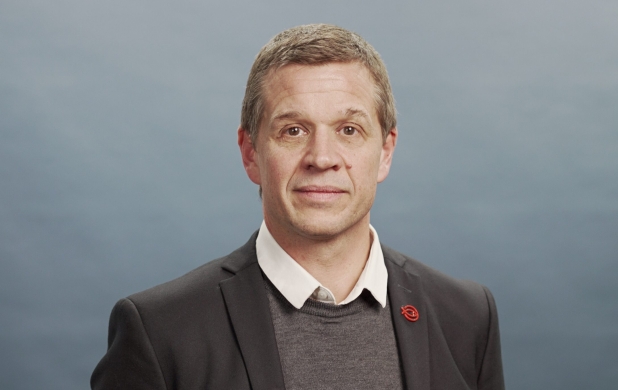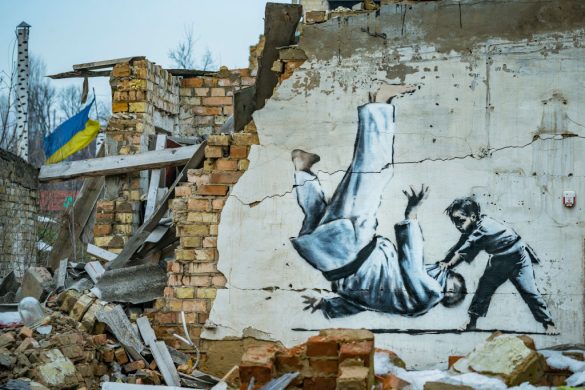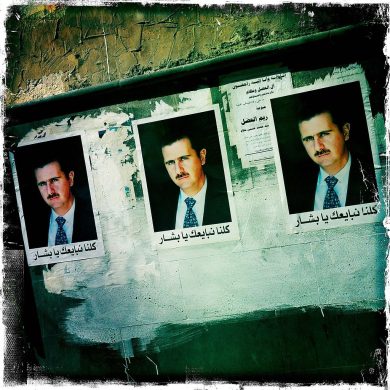Baraa is a 23-year-old nurse in Eastern Aleppo. She writes to you about what life is like in a city where hospital workers and staff are regularly targeted and medical supplies are running out.
“I did not study nursing. I was a student of Biomedical engineering but I had to cut my studies short because of the war. It was my dream to study medicine, and ironically that dream came true while my other dreams vanished because of the war.
It’s really hard to be a nurse in Eastern Aleppo. It just got much harder because all of the hospitals and medical points have been bombed out of service.
We’ve had to move our operations and patients to homes. We prepare the homes the best way we can so that we can receive as many patients as possible. But there are never enough medical supplies, especially sterilization tools and painkillers. We can’t offer our patients the most basic medical care.
We can't even give our patients clean blankets. They are forced to use blankets filled with the blood of other patients. They don’t have a choice. The cleaning lady can’t find the time to wash or dry the blood-stained blankets. Patients die smelling their own blood. They die because of the lack of sterilisation and cold.
We are constantly receiving huge influxes of civilians injured due to the shelling and bombing, which puts us under extreme and constant pressure to address all of their needs at once.
Læs resten af sygeplejersken Baraas fortælling hos Syria Campaign, der er en del af oppositionen mod præsident Bashar al-Assad
Og find anden del af hendes beretning på Syria Campaigns Facebook-side her














